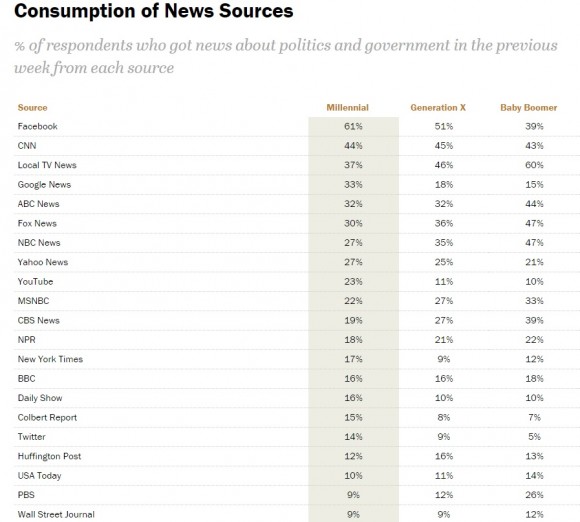Dear Commons Community,
Chicago Public School’s CEO Barbara Byrd-Bennett has resigned amid a federal probe of a $20 million no-bid contract that the district had with a training academy where she once worked as a consultant. As reported in the Associated Press:
“Statements released by Mayor Rahm Emanuel and the president of the board of the nation’s third-largest school district confirmed that Byrd-Bennett had stepped down. Board President David Vitale said the resignation was effective Monday.
Neither Emanuel nor Vitale commented on the investigation that prompted Byrd-Bennett to go on paid leave in April, though the mayor alluded to it in his statement
“I am saddened by the circumstances that have led to Barbara’s resignation and I wish her well,” said Emanuel in two-sentence statement released by his office Monday morning.
Byrd-Bennett, who has not been accused of any wrongdoing, took her leave of absence amid reports that federal investigators were looking at the contract between CPS and SUPES Academy. A spokesman for the academy said it has turned over record to investigators, who have also asked for documents from Byrd-Bennett and three other employees. CPS has suspended its contract with SUPES.
A longtime educator, Byrd-Bennett earned a salary of $250,000 and has ties to school systems in New York, Detroit and Cleveland. Chicago Mayor Rahm Emanuel chose her in 2012 to lead the district.
Chicago Board of Education Vice President Jesse Ruiz has served as interim CEO since April and, according to Vitale’s statement, he will continue in that role. He’s an attorney and a former chairman of the Illinois State Board of Education.
The investigation comes at a critical time for the district, which faces a roughly $1 billion budget shortfall and a severely underfunded pension system. Contract negotiations with the powerful Chicago Teachers Union are coming up this year. During the last round in 2012, Chicago teachers went on strike for the first time in 25 years.”
A sad situation!
Tony



